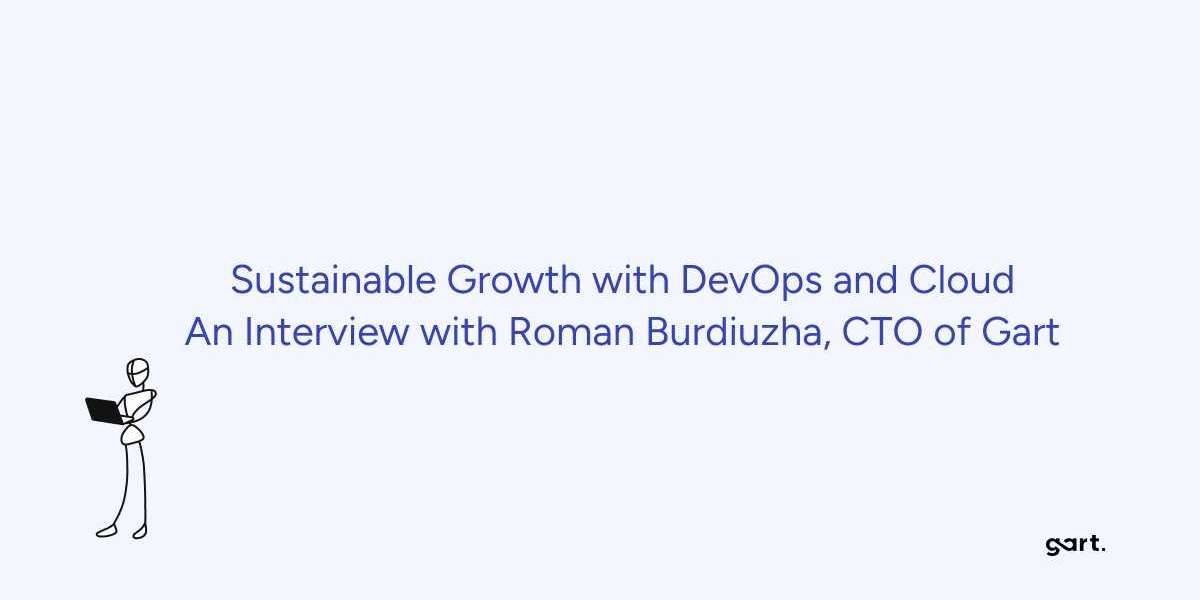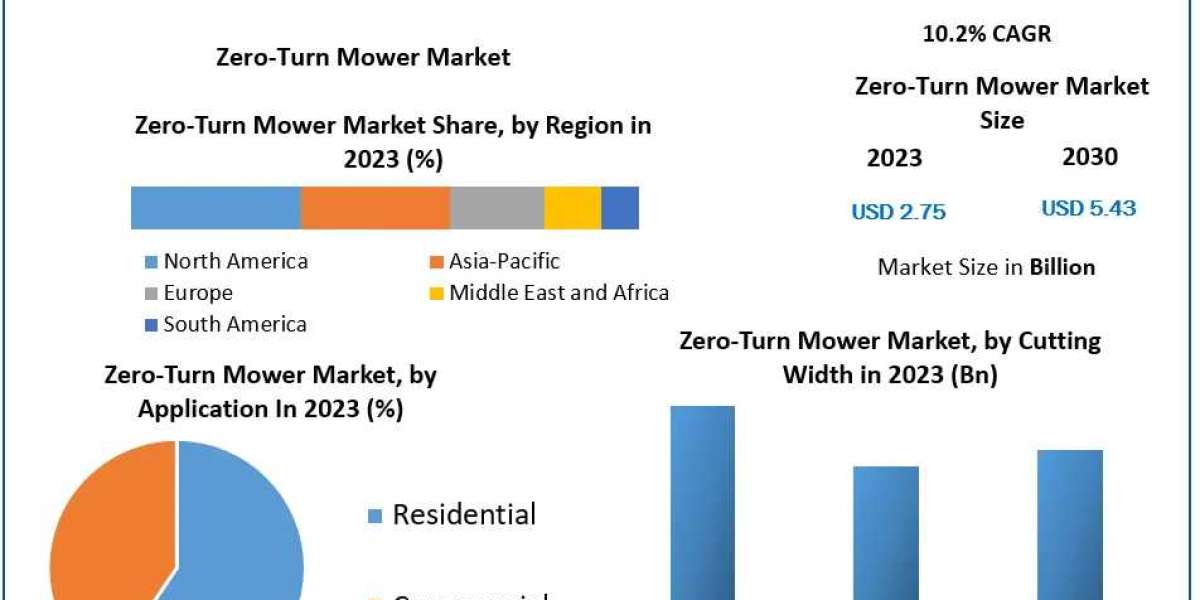Interviewer: Roman, as a leader in the DevOps field, how do you see the role of DevOps in promoting sustainable software development?
Roman Burdiuzha: The role of DevOps in promoting sustainable software development is crucial. DevOps emphasizes continuous integration and continuous delivery (CI/CD), which ensures that code is always in a deployable state. This reduces the need for extensive manual intervention, leading to less resource consumption and more efficient use of computing power. By automating processes, we can significantly cut down on wasted resources and energy, which directly supports sustainability goals.
Interviewer: Can you explain how DevOps practices contribute to reducing the carbon footprint of IT operations?
Roman Burdiuzha: DevOps practices reduce the carbon footprint of IT operations in several ways. Firstly, automation minimizes the need for physical infrastructure by optimizing virtual environments, which are more energy-efficient. Secondly, practices such as continuous monitoring and logging help in identifying and eliminating inefficiencies in real-time. Lastly, the use of scalable cloud services ensures that resources are used only when needed, reducing unnecessary energy consumption.
Interviewer: At Gart, how do you integrate eco-friendly practices into your DevOps processes and infrastructure design?
Roman Burdiuzha: At Gart, we integrate eco-friendly practices by prioritizing the use of renewable energy sources for our cloud infrastructure. We design our systems with efficiency in mind, leveraging containerization and microservices to optimize resource usage. Additionally, we employ green coding practices that focus on writing energy-efficient code, and we continuously monitor and optimize our deployments to minimize energy consumption.
Interviewer: What specific DevOps tools and methodologies do you recommend for optimizing energy efficiency and minimizing waste in software development?
Roman Burdiuzha: Tools like Kubernetes for container orchestration and Terraform for infrastructure as code are essential for optimizing energy efficiency. Kubernetes allows for dynamic scaling of applications, ensuring that resources are allocated efficiently. Terraform helps in automating and managing infrastructure, reducing manual errors and waste. Additionally, monitoring tools such as Prometheus and Grafana enable us to track resource usage and optimize accordingly.
Interviewer: How does Infrastructure as Code (IaC) play a part in creating more sustainable and efficient cloud environments?
Roman Burdiuzha: Infrastructure as Code (IaC) plays a significant role in creating sustainable and efficient cloud environments by automating the provisioning and management of infrastructure. This automation ensures that resources are deployed consistently and efficiently, reducing the risk of over-provisioning and resource wastage. IaC also enables us to quickly adapt to changing requirements, ensuring that we only use what is necessary at any given time, which is crucial for sustainability.
Interviewer: Could you share some success stories or examples where Gart has helped clients achieve significant sustainability goals through DevOps practices?
Roman Burdiuzha: One notable success story is our work with a large e-commerce client. By implementing a robust CI/CD pipeline and automating their infrastructure management with Kubernetes and Terraform, we reduced their server usage by 40%. This not only cut their operational costs but also significantly decreased their carbon footprint. Another example is a healthcare client for whom we optimized their data processing workflows, resulting in a 30% reduction in energy consumption.
Interviewer: What advice would you give to organizations looking to adopt green coding practices within their DevOps frameworks?
Roman Burdiuzha: My advice would be to start by assessing your current infrastructure and identifying areas where energy consumption can be reduced. Embrace automation and continuous monitoring to eliminate inefficiencies. Invest in training your development and operations teams on green coding practices and the importance of sustainability. Lastly, choose cloud providers that are committed to renewable energy and sustainability, as this will further enhance your efforts to create a greener IT environment.



